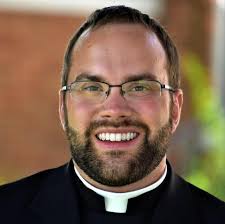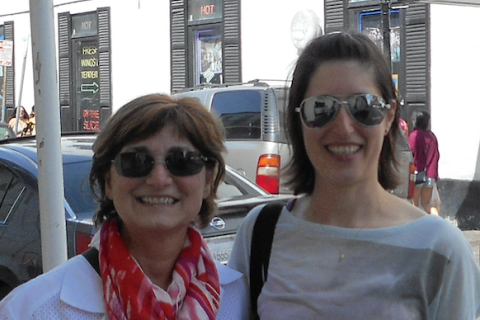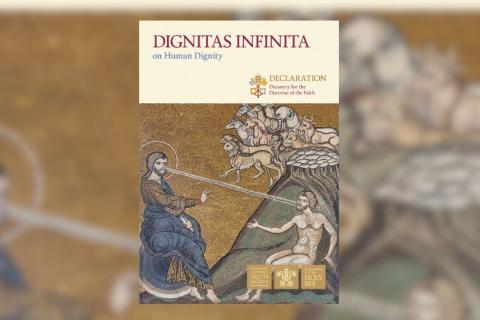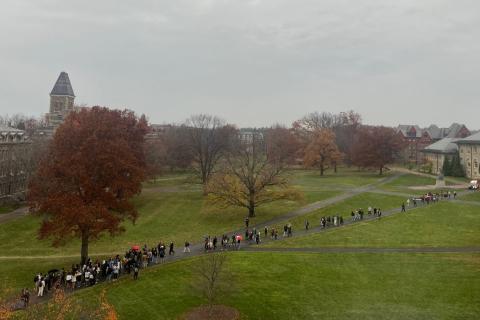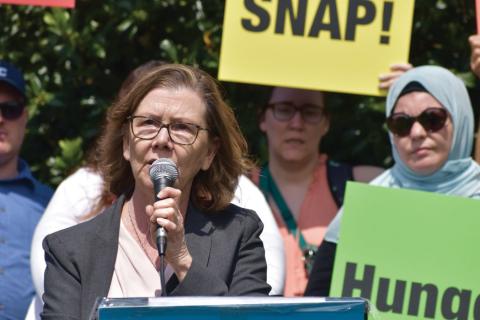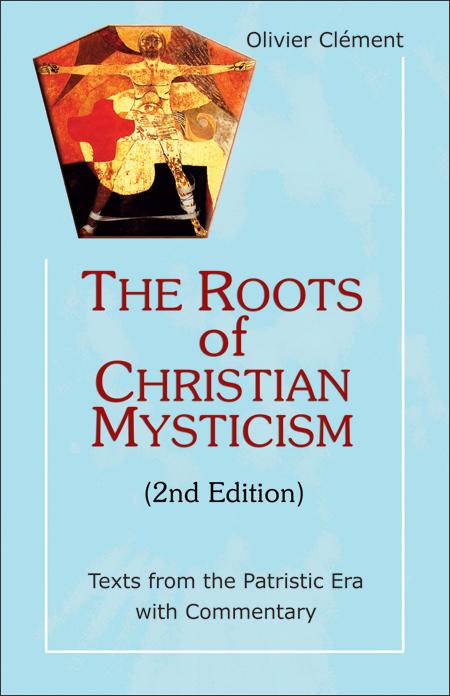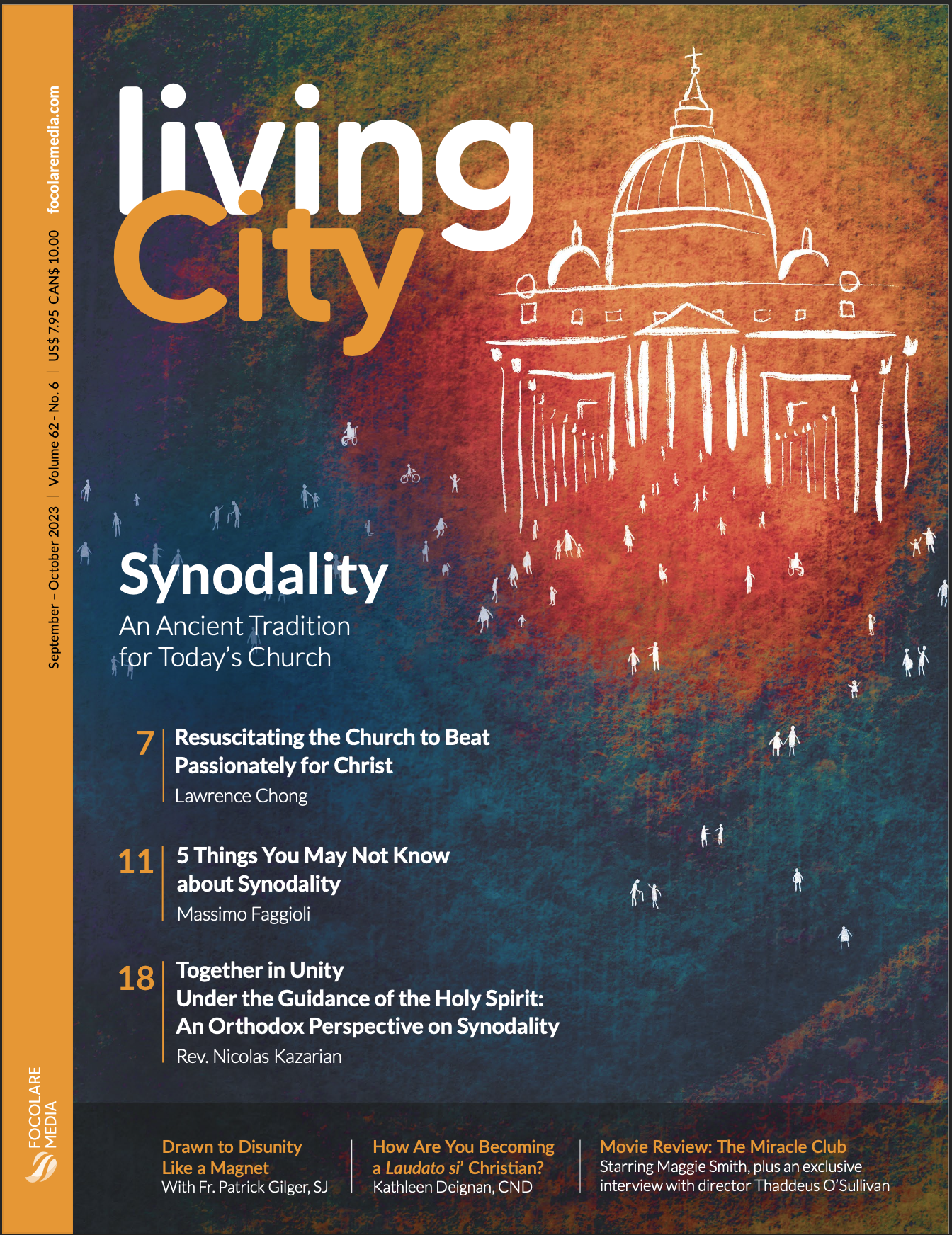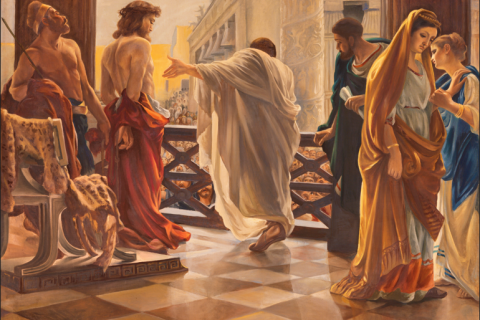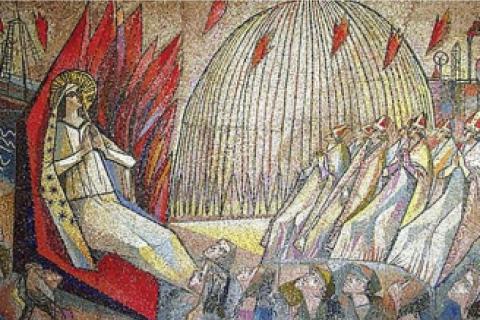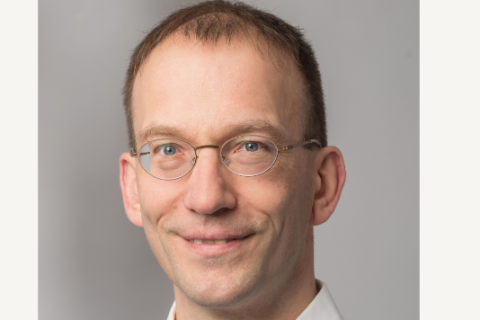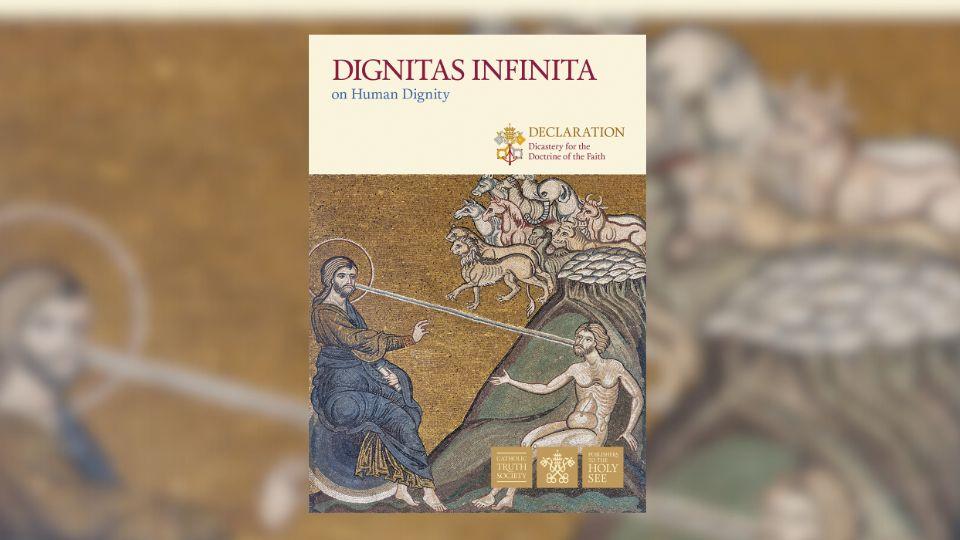
The cover of the Vatican document Dignitas Infinita (www.ctsbooks.org)
On April 8, the Dicastery for the Doctrine of the Faith released a 66-paragraph document titled Dignitas Infinita. The document received the approval of Pope Francis and is signed by Victor Manuel Cardinal Fernandez; the presentation of the document iterates that it was written by committee and went through several drafts and revisions before arriving at this final product. As is the case with any document from the Vatican, pundits and commentators were quick to offer their “hot” takes. Some tried to discredit the document, others applauded it, and others had to retract their erroneous statements. Dignitas Infinita is straightforward, reminding all people that each person has infinite, inherent, dignity, accorded to them as a child of God.
The Nicene Creed, recited by Catholics each Sunday, reminds us that the Church is one, holy, catholic, and apostolic. The Church is one. This reflects the theme of unity emphasized within the Focolare. Though oneness is a mark of the Church, those who look at the polarization from within might question the notion of unity within the mystical body of Christ. As I look at Dignitas Infinita, I see it as trying to restore unity among the ideological factions. Cardinal Fernandez demonstrates how the notion of infinite dignity is found within the Church citing biblical revelation, the Second Vatican Council, the Catechism of the Catholic Church, and the teaching of recent pontiffs. In a time when people pit pope against pope, Fernandez shows how the thoughts of Paul VI, John Paul II, Benedict XVI, and Francis align on this teaching.
Unity is present in various ways throughout Dignitas Infinita. The Catholic Church takes strong stands on moral issues. There is disunity in that some members of the Church choose to ignore or disregard certain elements of the moral teaching of the Church, some go to points of extremism, and others are indifferent. When it comes to hot button issues such as abortion, war, euthanasia, gender theory, etc. Dignitas Infinita reiterates the longstanding teaching tradition of the Church. It does not placate the issues and takes strong stands. It is a reminder to all within the Church to present a unified front when it comes to these moral issues and the human person. Take for example the unified call against human trafficking: “[T]he Church and humanity must not cease fighting against such phenomena” (42).
Many people have already pounded away at their keyboard with their thoughts on Dignitas Infinita. As I read it three days after its publication, I read it not to find what I disagree with, but to see how it challenged me to be a better Christian and follower of Jesus.
Another element of Focolare spirituality is found underneath the teaching on human dignity, and that is the reminder of the present moment. When I was first introduced to the Focolare, this is what struck me most—the person before me is who Jesus is calling me to love in the present moment. The poor person before me, Jesus calls me to love, because they have dignity and are made in the image of God. If I, as a believer, cannot love them as they ought to be loved, how can I expect an unbeliever to respect their dignity? My politics should not preclude from loving the person before me. For example, when it comes to migrants, “Receiving migrants is an important and meaningful way of defending ‘the inalienable dignity of each human person regardless of origin, race or religion” (40). When it comes to other issues such as abortion, surrogacy, homosexuality, and gender ideology, even as an advocate of the Church’s teaching, I am called to love the other person. The woman who chose an abortion does not need vitriol from me, but rather love and compassion that leads to healing. The dignity of a same-sex attracted person does not demand me to hate them, but to love them as God sees and loves them.
Many people have already pounded away at their keyboard with their thoughts on Dignitas Infinita. As I read it three days after its publication, I read it not to find what I disagree with, but to see how it challenged me to be a better Christian and follower of Jesus. What I discovered was how it called me back to unity and the present moment. Perhaps your reading or re-reading of this document will be the same.

